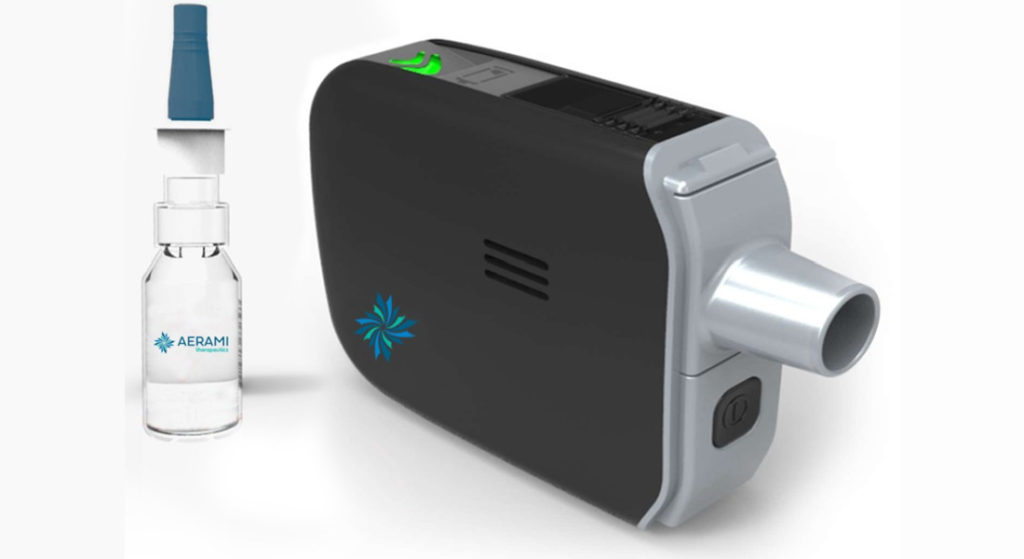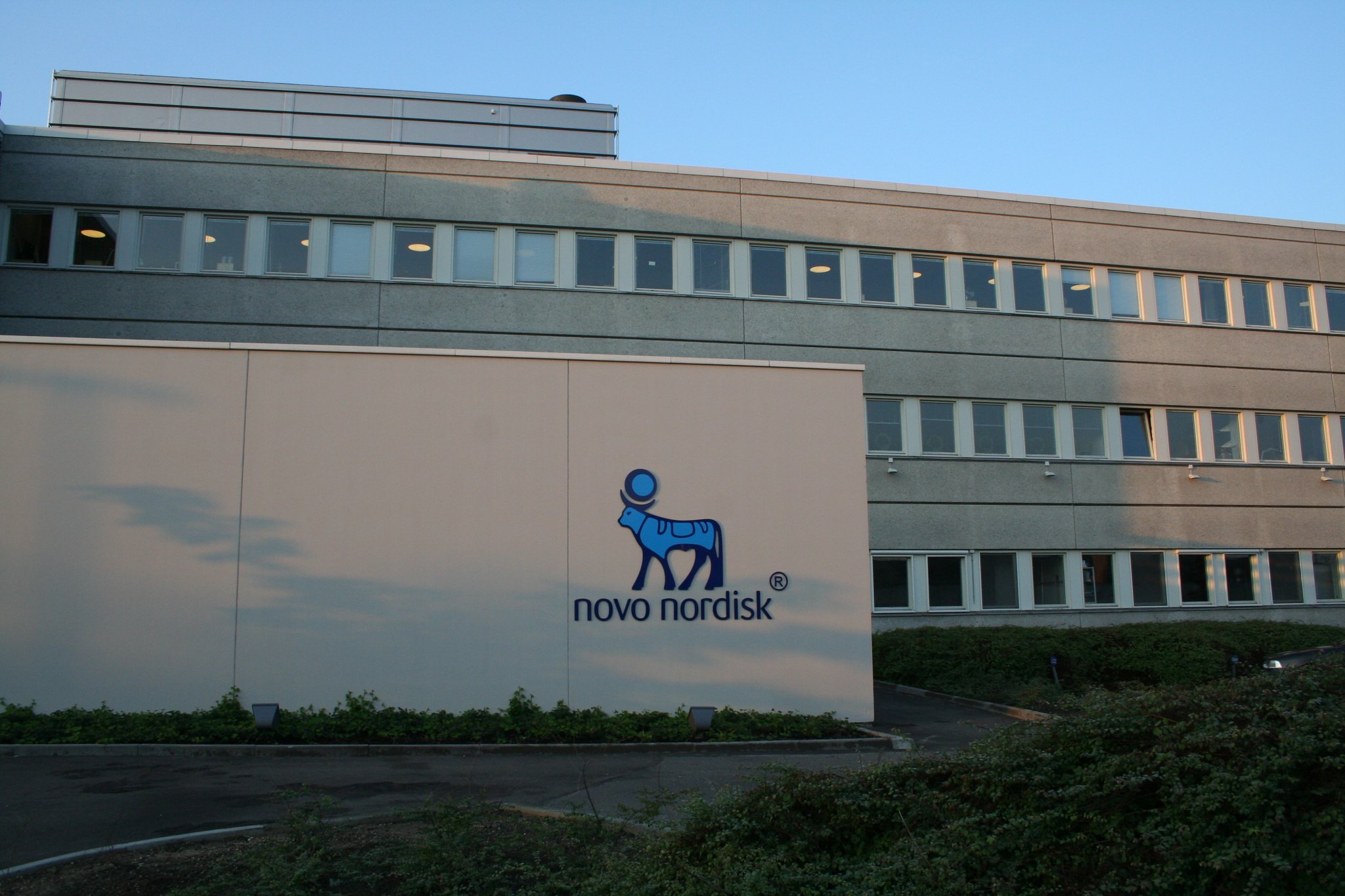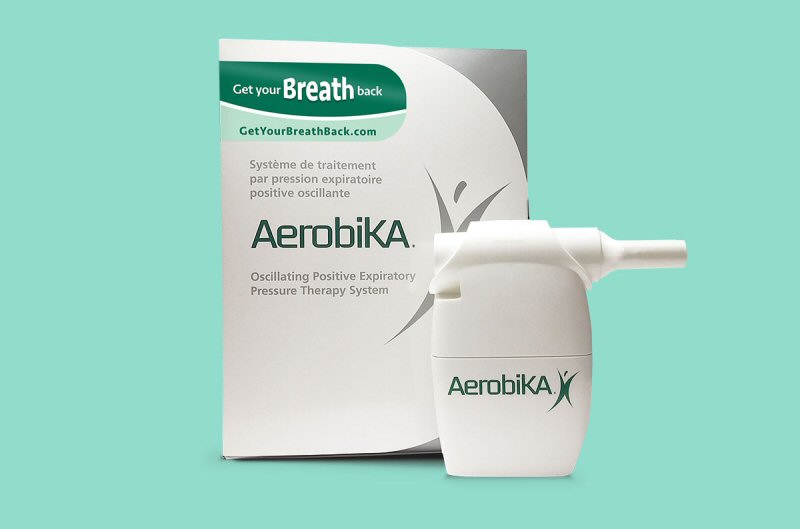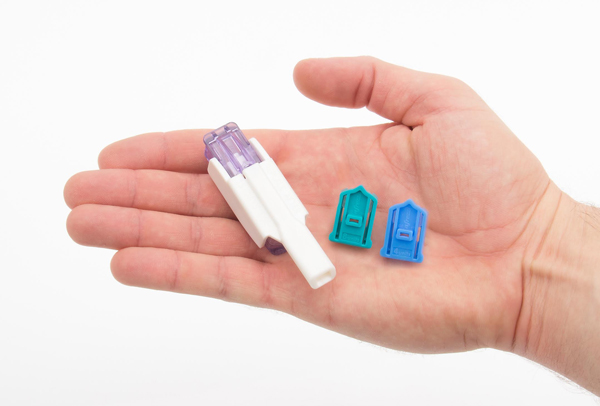One of the main barriers to medication adherence among diabetics is the painful, constant administration of insulin using a needle and syringes. Moreover, subcutaneous insulin administration has long been admonished for its slow onset of action. People living with this chronic condition need a convenient and efficient method of administering this crucial hormone.
Biopharmaceutical company Aerami Therapeutics (formerly Dance Biopharm) may have a solution that changes the way insulin is delivered. Their flagship product is a smart inhaler which turns biologic drugs, like their human insulin product, Dance 501, into a gentle mist.

“We are an inhaled biologics company focused on the treatment of chronic diseases and providing patients with options such that they can inhale biologics that would typically need to be injected,” explained Melissa Rhodes, chief development officer at Aerami Therapeutics, in an interview with Xtalks. “This is a less invasive — and sometimes better from an efficacy profile — way of providing these medicines to patients. We’ve been developing inhaled insulin for 10 years.”
In a recent Phase I/II clinical trial, the research team compared the smart inhaler containing Dance 501 with injected insulin lispro (Humalog) in patients with type 2 diabetes. The team used the automated clamp method to measure the glucose-lowering effects of insulin without making the patient hypoglycemic.
The trial showed that this inhaled insulin is not only safe and tolerable, but it showed pharmacodynamic properties similar to that of insulin lispro and a faster onset of action.
“The inhaled route is known for its fast absorption compared to a relatively slow absorption of subcutaneous [deposition],” noted Dr. Eric Zjilstra, executive director of project development at the contract research organization that ran the Dance 501 clinical studies with Aerami Therapeutics. “It’s remarkable that we are comparing a human insulin (Dance 501) versus a rapid-acting insulin analogue and still Dance 501 beats the rapid-acting insulin analogue in the time it needs to be absorbed.”

Inhaled insulin made its famous debut to the market in the form of Exubera, developed initially by Nektar Therapeutics and later licensed to Pfizer. The drug-device combo didn’t last long, getting pulled from the market following disappointing sales. Mannkind’s Afrezza faced the same fate in 2016, when Sanofi announced it would stop selling the inhaled insulin drug.
What might stop Aerami Therapeutics from facing market pushback? Rhodes said there are unique design pieces that increase the efficacy and deposition of Dance 501 into patient lungs.
“This inhaler is record-breaking in terms of its ability to deposit the compound deep into the lungs,” said Rhodes. “The amount that gets into the lungs is a lot higher than what you get with dry powder inhalers or metered-dose inhalers. That’s because the device is breath-actuated.”
She explains that the device will turn off if the patient breathes too quickly or too slowly so it trains the patient to breathe at the proper rate that allows the greatest amount of compound to enter into the lungs. Zjilstra adds that the liquid formulation of Dance 501 creates a gentle mist and does not lead to coughing or irritation that’s often seen with other forms of inhaled insulin.
“Our patients and volunteers find it very easy to use. They did all the inhalations themselves [after] receiving training from study staff. They said they would be very happy to use such a product if it would get them the same effect as the injections that they’re using now.”
These features could potentially help millions of individuals living with type 2 diabetes in search of an alternative to insulin injections. Rhodes and Zjilstra predict that the option of an inhaled product would help lower the barriers to starting insulin treatment, thereby leading to better blood sugar control at an earlier age and fewer complications ahead.
Now, Aerami Therapeutics is seeking a partner to support a Phase III program in type 2 and type 1 diabetics. Moreover, the company is looking to broaden their focus outside the lens of diabetes, expanding into inhaled biologics for chronic endocrine, respiratory and cardiovascular diseases. In keeping with this expanded focus, the company announced its rebranding to Aerami Therapeutics.
“The branding is to reflect our broadened focus beyond diabetes to include the chronic conditions that we believe we can have better treatment efficacy for patients using our smart inhaler,” said Rhodes. “It’s really bringing us to the next evolution of our company.”












Join or login to leave a comment
JOIN LOGIN